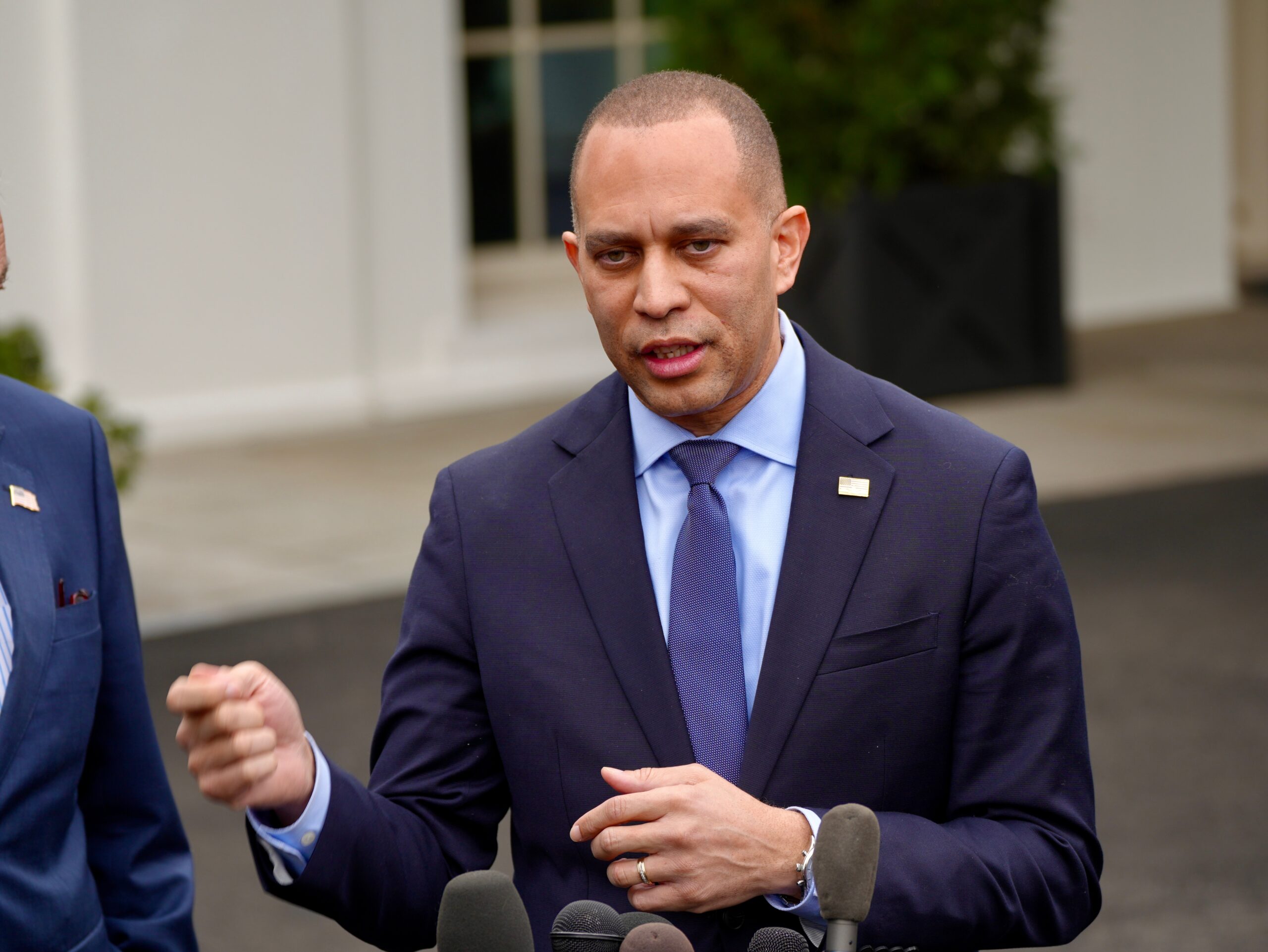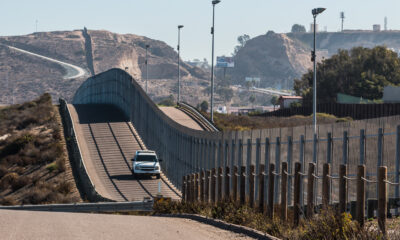Nearly All House Democrats Vote Against Citizenship Verification For Voting

In a contentious vote on Wednesday, 198 House Democrats opposed the Safeguard American Voter Eligibility (SAVE) Act, which would require proof of citizenship to register to vote in federal elections. The bill, aimed at preventing non-citizens from voting, passed the House with the support of 216 Republicans and five Democrats.
The SAVE Act, introduced by Republican lawmakers, seeks to amend the 1993 National Voter Registration Act by requiring documented proof of citizenship before voter registration. This move follows accusations of foreign interference in U.S. elections, notably the 2016 presidential race.
Currently, individuals can register to vote through state motor vehicle agencies by attesting to their citizenship under threat of perjury, a process Republicans argue is insufficient. The Washington Times reported that this honor system allowed 11,198 non-citizens to vote in Pennsylvania.
Democratic leaders, including House Minority Whip Katherine Clark (D-MA), urged their colleagues to vote against the bill, arguing that it addresses a non-existent issue. Representative Joseph Morelle (D-NY) stated, “It is against the law for non-citizens to register to vote and to vote in federal elections.” Representative Terri Sewell (D-AL) added that non-citizens who attempt to vote face severe penalties, including prison time and deportation.
Critics of the SAVE Act claim it would create unnecessary barriers for U.S. citizens attempting to register to vote. The Help America Vote Act (HAVA) already requires states to compare motor vehicle data with new voter registrations. However, Social Security numbers and driver’s licenses, which can be issued to non-citizens, complicate verification efforts.
In California, prospective voters can register without a Social Security number or driver’s license, using alternative IDs such as credit cards or utility bills. Opponents argue these forms of identification do not confirm citizenship, leaving the system vulnerable to exploitation.
Despite the opposition, the SAVE Act garnered bipartisan support from Representatives Henry Cuellar (D-TX), Vicente Gonzalez Jr. (D-TX), Don Davis (D-NC), Jared Golden (D-ME), and Marie Gluesenkamp Perez (D-WA). However, four Republicans and ten Democrats did not participate in the vote.
The bill now advances to the Senate, where it will likely face further debate. Supporters insist that stricter measures are necessary to ensure the integrity of U.S. elections. “Six, seven months ago, it was a disaster for Republicans and [former Speaker] Kevin McCarthy and all that turmoil,” Scott Tranter, director of data science at DecisionDesk HQ, told The Hill. “But by and large, the generic ballot for Republicans has been good, unusually good, in a presidential year, and that has really trickled down to some of these House races, which is why we see the Republicans slightly favored in 11 of the 16 toss-ups.”
Tranter also highlighted the importance of political atmospherics, particularly President Biden’s recent debate performance, in influencing the outlook for upcoming elections.
As the debate over voter eligibility and election integrity continues, the SAVE Act represents a pivotal point in the ongoing discussion about how best to secure the democratic process while ensuring fair access to voting.
























